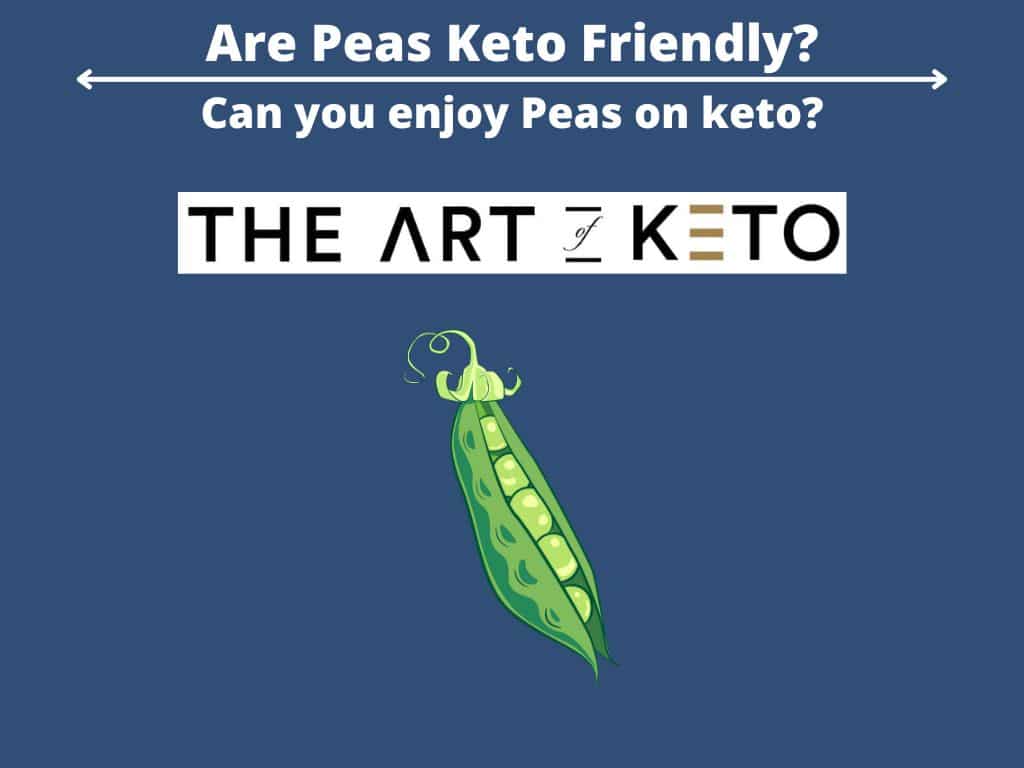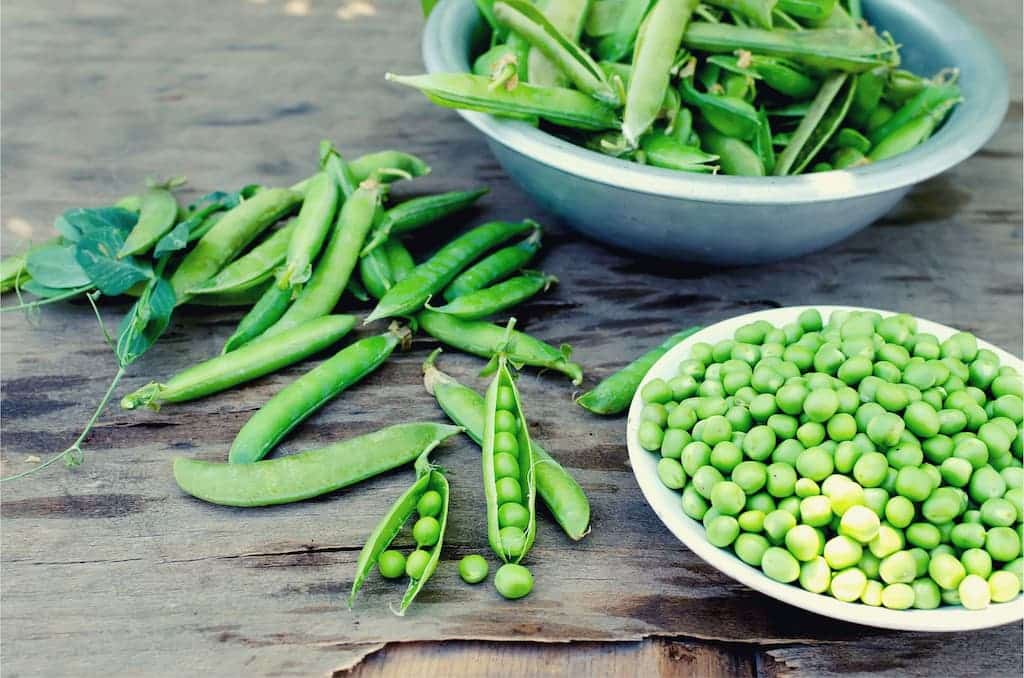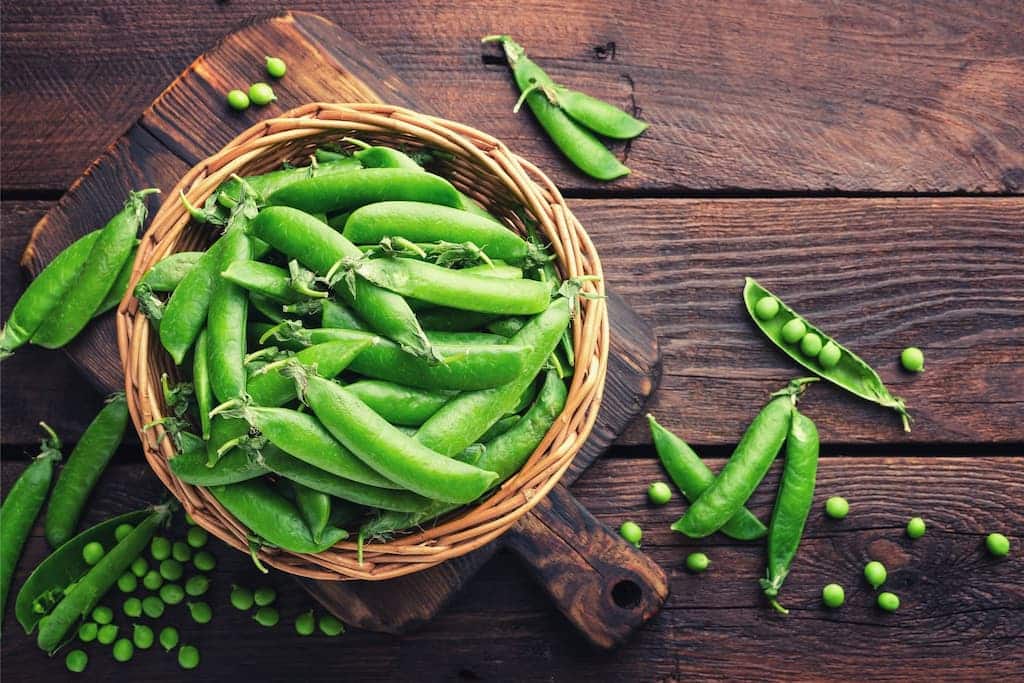Ideally, when people consider switching over to low calorie diets or low carb diets like the keto diet, they simply assume that they should cut down on their routine meals and incorporate more fruits and veggies in their diets. Generally speaking, it may make sense to some extent.
Understandably due to the fact that you’re basically cutting down on foods prepared in oils, or fast foods like burgers, sandwiches, pizzas and focusing on fruits and veggies that are comparatively healthy.

Now, despite fruits and veggies being healthy, it may not be true for all types of diets. Surprising, right? Low carb diets like keto diets allow you to eat a fair share fruits and veggies along your regular meals with one condition that you restrict your carbs to 30 – 50 g per day
With restrictions like these, you’re only limited to a small number of fruits and veggies. Yes, you read that correctly! There are certain fruits and veggies that have a high carb content which makes them unsuitable for keto diets.
So, what about peas? Are peas keto? They’re filled with nutrients and contain essential minerals but are they safe for keto diets in terms of their carbohydrates content? Let’s dig in and find out.
What are Peas?
Peas come from a plant named Pisum Sativum. It is a pea plant and has a pod which contains small balls called peas. Peas are essentially considered a type of vegetable. Now, this might come as a shock to you but botanically they are a type of fruit!
This is because the pod basically comes from a flower, and the peas actually contain seeds like other fruits! There are different types of peas including snow peas and snap peas. These are consumed whole without removing the seeds because they are considered safe.
On the other hand, there are other types of peas like garden peas or sweet peas that are consumed without the seeds. The seeds from garden peas are removed before eating them.
Peas are widely consumed throughout the world due to which they are cultivated in most of the regions of the world. Going back in history, peas were only found in the wild around the Mediterranean regions back in 10000 BC.
Back then, they were only consumed when they hardened on the vines in the wild. But, later on after agricultural advancements, cultivation of garden peas started in England around the 17th century. Compared to wild peas, the garden peans were softer and more tender.
Later on, young peans became popular in the United States as well. The reason why different regions of the world started cultivating garden beans is because peas can easily be stored, canned, and frozen for an instant snack!
Peas are versatile and you can even get them in a dried form apart from fresh, frozen, and canned forms. Dried peas can be added as an ingredient in certain soups as well!
However, fresh peas are mostly preferred rather than the dried ones. Fresh peas can be used for a variety of meals including:
- Indian curries
- Swedish soups
- Chinese stir fries
- Hungarian dumplings
Another reason why peas are commonly consumed is because they are extremely rich in nutrients and contain a decent amount of nutrients ranging from vitamins to essential minerals. More on the nutritional profile of peas is discussed in the later part of the article.
Now that you have an idea of what peas are and how they are typically consumed, let’s move towards our initial question, “Are peas keto?” Let’s find out.
Are Peas Keto?

- Talk about what makes a food keto friendly
- Are Peas Keto friendly
- How good for keto are Peas
- What amount of Peas will pull you out of keto
Peas contain over 14 grams of carbohydrates, 5.7 grams of dietary fibers and 5.7 grams of sugars. Based on the carbohydrates content of peas, it may not be keto friendly per se as 14 grams is considered a high amount of carbs.
Eating a 100 gram serving of peas will consume half of your daily carbohydrates limit of 30 – 50 g per day. But there is a workaround for enjoying peas on a keto diet. Well, you can lower the portions of peas yet still receive all of the nutrition from peas in a slightly lesser amount.
For instance, if you limit your serving to 50 grams only, you will receive over 7 grams of carbohydrates, which is comparatively keto friendly!
This makes it ideal for people on the low carb diets because peas are extremely rich in nutrients and contain multiple vitamins, a good amount of proteins, fibers, and so many more essential nutrients.
With that being said, you can easily add peas to your diet. Furthermore, there are different types of peas which interestingly have a different amount of carbs. For instance, green peas have a greater number of carbs. On the other hand, snap peas have lesser number of carbs.
Ultimately, it all comes down to you and how many peas you decide to consume, If you decide to eat a small amount of peas sprinkled over your favorite keto meal, you do not have to worry about putting yourself out of ketosis.
However, if you’re thinking of just snacking on a large bowl of peas, you should know that it is a big no-go! Keto diets are supposed to have a balanced amount of carbs and proteins. So, if you consume a large bowl of peas, you will be disrupting that balance.
To sum up, you can have small-medium servings of peas either added as an ingredient in your favorite keto recipe or you can consume them on their own. As long as you keep your carbs intake in-check with peas, you do not have to worry about your ketosis.
Peas: Nutritional Profile
Pease are considered a healthy fruit in terms of their nutritional profile. A 100 gram serving of raw peas contains the following nutrients:
*Cooked peas will have a slightly lesser values of the nutrients
| Nutrients | Amount |
| Total fat | 0.4 g |
| Saturated fat | 0.1 g |
| Sodium | 5 mg |
| Total carbohydrates* | 14 g |
| *Dietary fiber | 5.7 g |
| *Sugar | 5.7 g |
| Protein | 5.4 g |
| Vitamin A | 38 mcg |
| Carotene alpha | 21 mcg |
| Carotene beta | 449 mcg |
| Lutein + zeaxanthin | 2477 mg |
| Thiamin (Vitamin B1) | 0.266 mg |
| Riboflavin (Vitamin B2) | 0.132 mg |
| Niacin (Vitamin B3) | 2.090 mg |
| Pantothenic acid (Vitamin B5) | 0.104 mg |
| Vitamin B6 | 0.169 mg |
| Folate | 65 mcg |
| Vitamin C | 40 mg |
| Vitamin E | 0.13 mg |
| Vitamin K | 24.8 mcg |
| Betaine | 0.2 mg |
| Choline | 28.4 mg |
| Calcium | 25 mg |
| Copper | 0.18 mg |
| Iron | 1.47 mg |
| Magnesium | 33 mg |
| Manganese | 0.410 mg |
| Phosphorus | 108 mg |
| Potassium | 244 mg |
| Selenium | 1.89 mcg |
| Sodium | 5 mg |
| Zinc | 1.24 mg |
Surprisingly, with just one serving of peas, you will be able to meet over 13% of vitamin C and 16% of folate daily requirement. Moreover, there are plenty of other minerals and antioxidants that you can benefit from.
More on the health benefits is discussed in the later part of this article.
Concerns Regarding Consuming Peas:

Peas are undoubtedly rich in nutrients, but there is a downside to eating peas. There are certain antinutrients found in peas. These antinutrients are found in many foods including legumes, grains, and other foods of the same nature.
Unfortunately, when foods containing antinutrients are consumed in a large amount they interfere with the digestion and the absorption of nutrients from foods. It is only concerning if your servings are large and too frequent.
In the case of regular consumption, it may increase the risks of deficiency of certain minerals in your body. There are two antinutrients in green peas, these include:
- Phytic acid – It affects the absorption of iron, zinc, magnesium, and magnesium.
- Lectins – It causes the bloating and gassiness in your body along with interfering the absorption of nutrients.
These antinutrients are found in most of the legumes and other foods as well. But, in terms of peas, they are not in high amounts so if your servings are not too frequent, you do not have to worry about them.
Health Benefit Of Peas:
Peas are extremely rich in nutrients and even if you consume them in small amounts, you will be receiving a fair share of vitamins, minerals, plant based proteins, and so much more. Here are some health benefits that you can receive from eating peas:
1. Peas are a great source of proteins and lead towards a feeling of fullness:
Generally, it is assumed that only animal based proteins are good for your health, but plant based proteins can be as efficient and healthy. Fortunately, peas are a great source of plant based proteins.
When the plant based proteins from peas enter your body, it leads towards a feeling of fullness in your body along with the fiber content. This is because protein essentially leads to an increase in certain hormones of your body that are responsible for managing appetite.
Furthermore, when protein is introduced with fibers, it also slows down the process of digestion which also leads to a feeling of fullness for longer durations.
Ultimately, when you consume enough amount of proteins and fibers, it will also allow you to manage your weight better because due to a reduced appetite, you will not be consuming too many calories.
Fortunately, peas are a rich source of this plant based protein which makes them ideal for people who are following vegetarian diets.
It may be noted that plant based proteins are not complete proteins. This is because they do not contain amino acids which essentially make proteins complete. Due to this, you need to ensure there are plenty of other protein sources in your diets to make up for the amino acids.
Proteins can also help your body in other ways like:
- Promotes muscle strength
- Promotes bone health
- Helps in managing your weight better and may also aid in weight loss
2. Peas can significantly help in improving your digestion:
Peas contain a high amount of fiber and contain Coumestrol. Fiber is known to have positive effects on your digestive health by allowing your stomach to digest foods more efficiently.
The fiber content from peas aids the good bacteria in your gut and reduces the number of bad gut bacteria. This leads to an improvement in your gut health which ultimately lowers the chances of a number of gastrointestinal complications like:
- Inflammatory bowel disease
- Irritable bowel syndrome
- Colon cancer
On the other hand, the Coumestrol content of peas also has a major role. It protects your stomach and lowers the chances of stomach cancer substantially.
What’s more important is the fact that the fibers in peas are insoluble. This means it does not interact with water and only serves as a bulking agent for the foods in your digestive tract. It allows foods and waste to pass smoothly and quickly in your bowels.
3. Peas provide a boost to your immune health and has anti-inflammatory properties:
Peas are abundant in antioxidants. Antioxidants effectively eliminate free radicals from your body which results in providing a boost to your immune system. On looking at the nutritional profile of peas, you cans see that there are different antioxidants in peas, including:
- Vitamin C and E
- Zinc
- Catechin
- Epicatechin
Although catechin and epicatechin are in trace amounts but they are still significantly helpful in fighting and eliminating free radicals from your body.
On the other hand, there are plenty of anti-inflammatory agents in peas. These lead to a decrease in the risk of certain inflammatory condition including cardiovascular complication, diabetes, and arthritis. The anti-inflammatory agents in peas include:
- Vitamin A and B
- Coumestrol
- Ferulic
- Caffeic acid
- Catechin
- Epicatechin
- Pisum saponins I and II
4. Peas help in maintaining healthy blood sugar levels:
For starters, peas contain fibers and proteins. These are known to positively influence the way your body digest starches. Proteins and fiber collectively slow down the process of breaking down carbs, which helps in controlling your blood sugar levels.
According to research studies, eating protein rich foods and following a high protein diet lowers your postprandial blood sugar levels, specifically in people with type-2 diabetes.
On the other hand, peas have a comparatively low glycemic index (GI). It is a measure of how your blood sugar levels spike after consuming a certain food. Diets that contain low GI foods like peas substantially helps in regulating and maintaining your blood sugar levels.
5. May lower the risks of some chronic diseases:
Peas have a number of nutrients that collectively help in minimizing the risks of certain chronic diseases -thus improving your overall health. Here are some chronic diseases that can be prevented simply be eating peas as part of a healthy and balanced diet:
Cardiovascular Complications:
Peas contain a wide number of minerals including magnesium, potassium, calcium amongst others. Foods containing these minerals allow you to have regulated blood pressure levels. Maintaining blood pressure is a crucial factor for avoiding cardiovascular complications.
In fact, with a regulated blood pressure it will also have a positive impact on your overall heart health.
Furthermore, the fiber content in peas is also responsible for lowering your total cholesterol including LDL cholesterol which is often termed as the bad cholesterol. Having abnormal levels of cholesterol in your blood also increases the chances of cardiovascular complications.
Similarly, there are other nutrients like flavanols, vitamin C, and carotenoids in peas. These are essentially antioxidant that help in removing free radicals from your body which helps in reducing the likelihood of cardiovascular complications like strokes.
Cancer:
The antioxidant content in peas can also help in lowering the chances of cancer and preventing it. Furthermore, the risks of cancer are also reduced due to the multiple number of anti-inflammatory agents in peas.
Interestingly, peas also contain saponins. These are plant-based compounds that are known to have substantial anti-cancer effects, meaning that they reduce the likelihood of cancer. Studies indicate that different types of cancers can be avoided simply by consuming saponin.
Furthermore, saponin is also known to inhibit the growth of tumors.
Apart from this there are other nutrients in peas like vitamin K which is also helpful in reducing the risks of cancer, specifically prostate cancers.

Wrapping Up
Are peas keto? Unfortunately, peas contain a high amount of carbs (14 g per a 100 gram serving of peas), which may not be suitable for keto diets. This is because keto diets have a restricted limit of carbs (30 – 50 g per day) and eating a single serving of peas will fill up half of those carbs.
Due to this, peas are not keto per se. Since peas are rich in nutrients and substantially helpful in improving your overall health and preventing the risks of certain diseases, it may feel like you are missing out.
Fortunately, there is a workaround for this. To benefit from the nutrients in peas, you can limit your portion size of peas by consuming only a small medium serving either individually or mixing them with your favorite keto snacks! This way, you can enjoy peas on keto!
